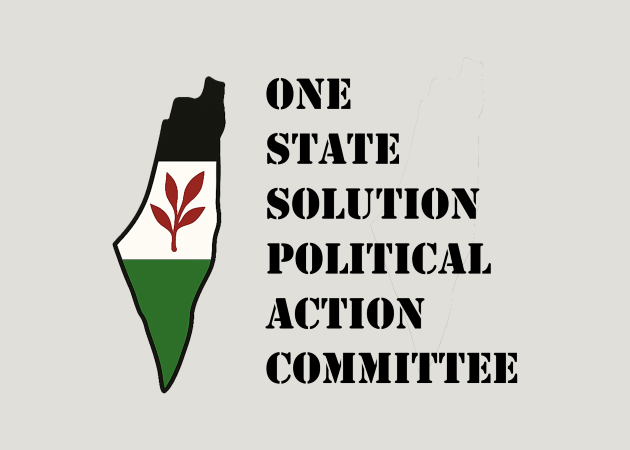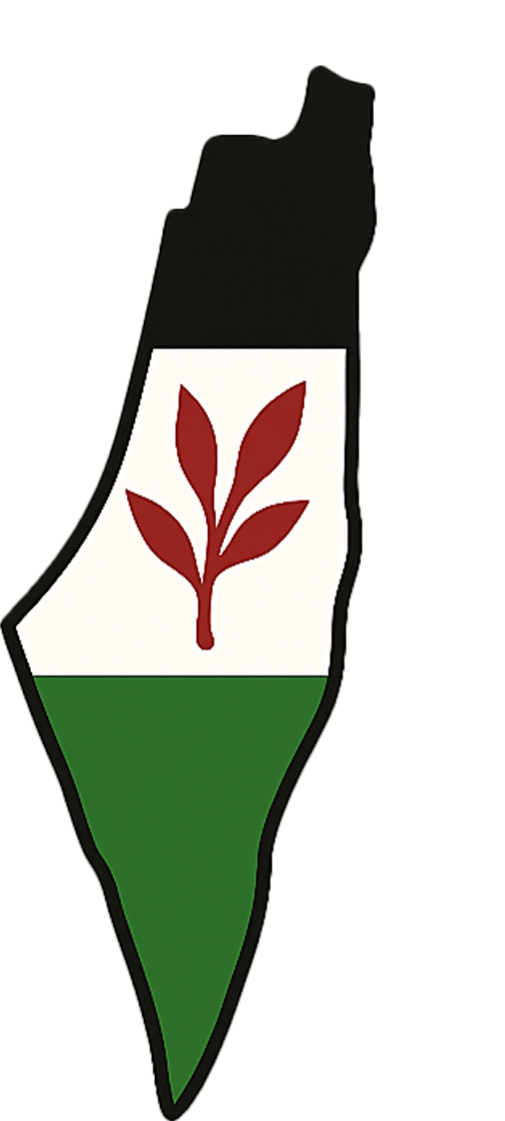Build a Future of Freedom! Your contribution helps create sustainable programs that empower Palestinian communities, promote justice, and pave the way for lasting peace. ~
Build a Future of Freedom! Your contribution helps create sustainable programs that empower Palestinian communities, promote justice, and pave the way for lasting peace. ~
History Brief
The problem of Palestine is deeply shaped by colonialism, occupation, resistance, and the struggle for self-determination. The roots of this conflict trace back to the late 19th century when efforts emerged to establish a homeland for European Jews in Palestine, despite the presence of an indigenous and peaceful Palestinian population. The majority of indigenous Palestinians originated from all Levantine faiths and backgrounds. The remaining indigenous Palestinians originated outside the Levant but assimilated peacefully to the culture, society, and health of the region. The Balfour Declaration of 1917, issued, illegally and illegitimately, by the zionist-influenced British government, disregarded the rights and sovereignty of indigenous and peaceful Palestinians, encouraging mass European Jewish immigration that threatened the demographic and political balance of the inhabited land.
Following World War II, coercive Zionist political and banking influence intensified, leading to the establishment of Israel in 1948. This event—known as the Nakba ("catastrophe" in Arabic) — resulted in the ethnic cleansing of hundreds of thousands of Palestinians, many of whom were either massacred or expelled from their homes by armed Zionist militias. Among the most active militant groups were the Hagenah, Irgun, Lehi (Stern Gang), and other militarized gangs, who carried out violent operations aimed at securing Zionist control over Palestinian land. These groups were involved in violent campaigns, including the Deir Yassin massacre, where over 100 Palestinian civilians were killed, striking panic, fear, and desperation into communities, triggering mass expulsions.
The Zionist colonization and occupation of Palestine escalated into a century of resistance, as Palestinians fought, and continue to fight, to reclaim their land and protect their identity being erased by Zionists. Armed and non-violent movements emerged and continue to emerge to counter Zionist colonization and occupation, with efforts focused on defending Jerusalem, securing the right of return for Palestinian refugees, and establishing a sovereign Palestinian state. The struggle continues today, as Palestinian resistance persists in demanding justice, freedom, and self-determination against ongoing colonization and occupation.
Addressing these historical injustices requires an equitable and just resolution — one that acknowledges Palestinian rights, historical grievances, and the fundamental principles of sovereignty and dignity. This resolution must be built on genuine political will, international recognition, and the empowerment of Palestinians in shaping their own future. Without meaningful steps toward justice, reconciliation, and self-determination, the cycle of displacement and resistance will continue to define the struggle, underscoring the urgency of a fair and lasting peace.
One-State Resolution
In the majority of cases the most complex problems typically have the simplest solutions. The proposed one-state solution for a democratic and free Palestine envisions a unified, liberated state between the Jordan River and the Mediterranean Sea, where Palestinians from all walks of life coexist with equal civil and human rights. The legislative body will have equal representation from all Palestinian communities, and a 9-member international oversight board, elected by all citizens, will ensure balance and fairness. Every resident will receive full citizenship and equal civil rights. A Truth and Reconciliation Commission will address past injustices, while economic policies will promote equitable development. A unified security force will ensure safety, and cultural harmony will be encouraged through policies promoting tolerance and protecting holy sites. This resolution aims to create a peaceful, just, and prosperous society for all.
Vision & Principles
We envision one democratic state between the Jordan River and the Mediterranean Sea, where all Palestinians live with equal rights and responsibilities. This state will address historic injustices, foster respect, and ensure peace and prosperity for every citizen.
Governance Structure
Equal Representation: A two-chamber legislature—House and Senate—with equal seats for all Palestinian communities (9 per group).
International Oversight: A 9-member board elected by citizens to ensure fairness and transparency, including global experts and heads of state.
Voting & Elections: Free elections every 3 years; all citizens vote regardless of ethnicity or religion. Officials may serve up to six terms.
Key Policies & Reforms
Citizenship & Civil Rights: Full citizenship for all residents; strong anti-discrimination laws.
Justice & Reconciliation: A Truth and Reconciliation Commission plus compensation programs for victims of conflict.
Economic Development: Investments in infrastructure, education, healthcare, and social services for equitable growth.
Security & Peacekeeping: A unified security force with international support during transition.
Cultural & Religious Harmony: Protection of holy sites and education promoting tolerance and coexistence.

